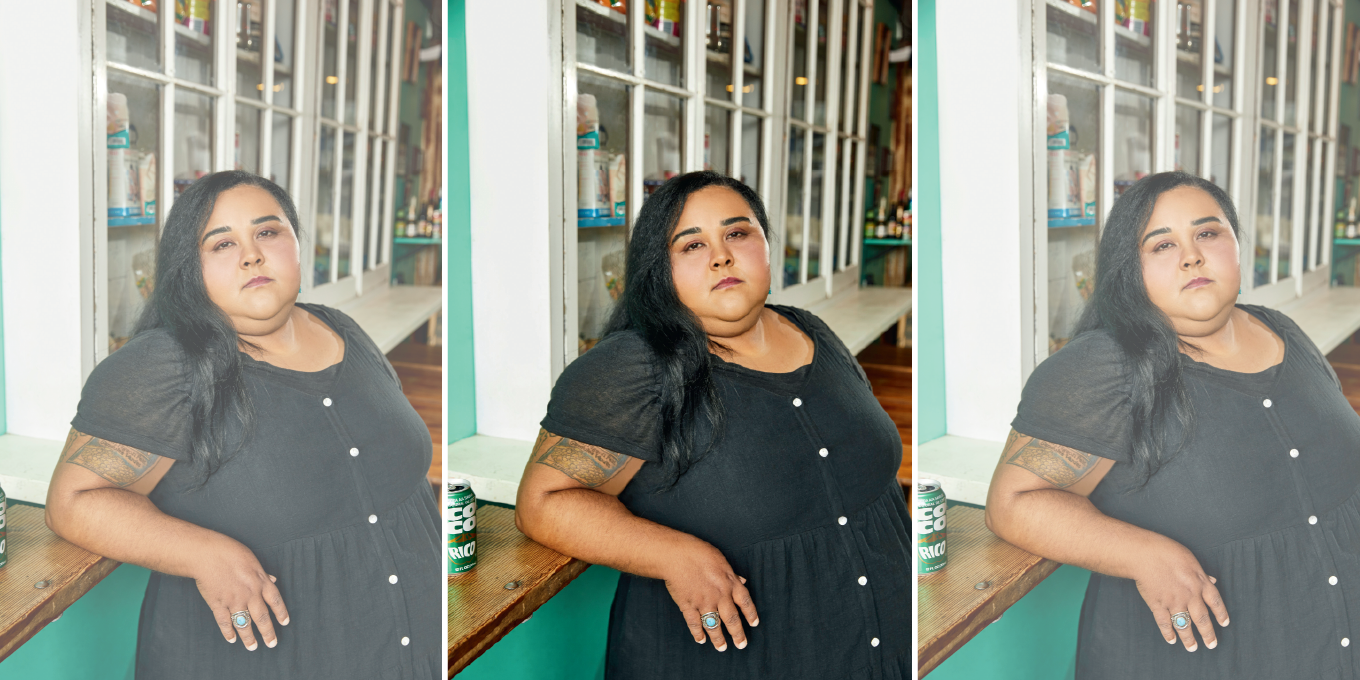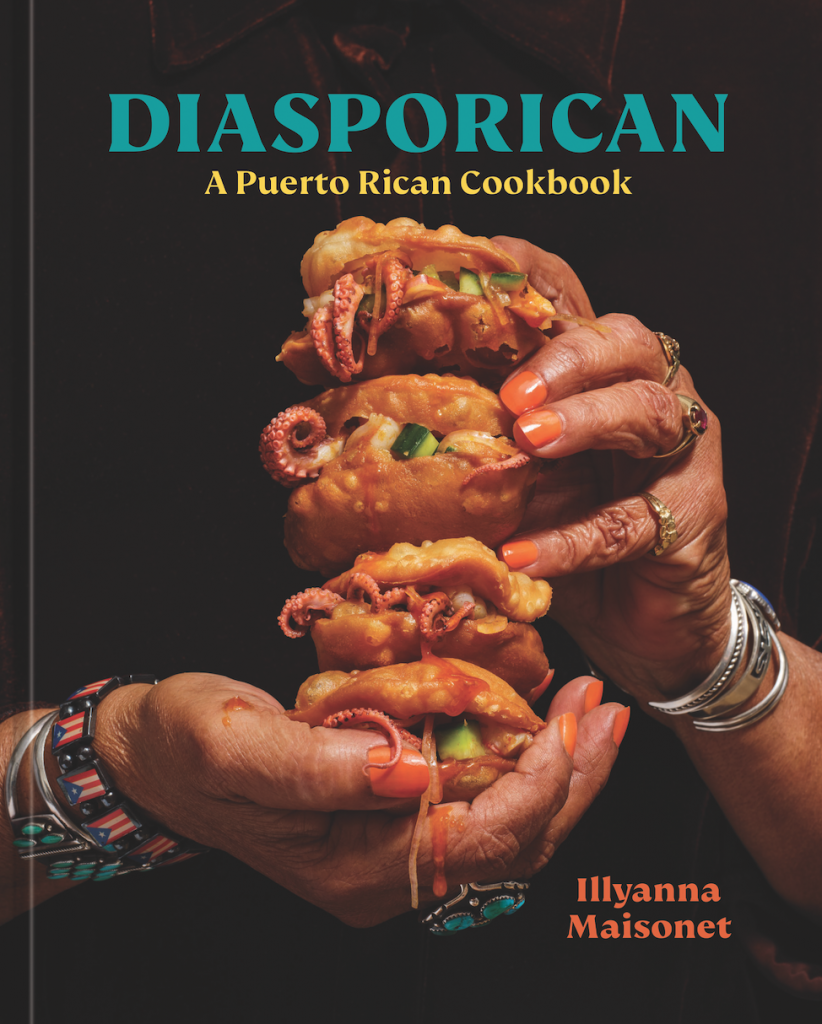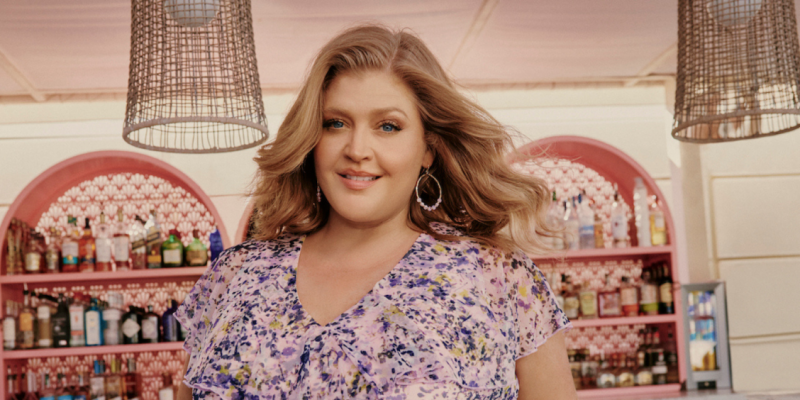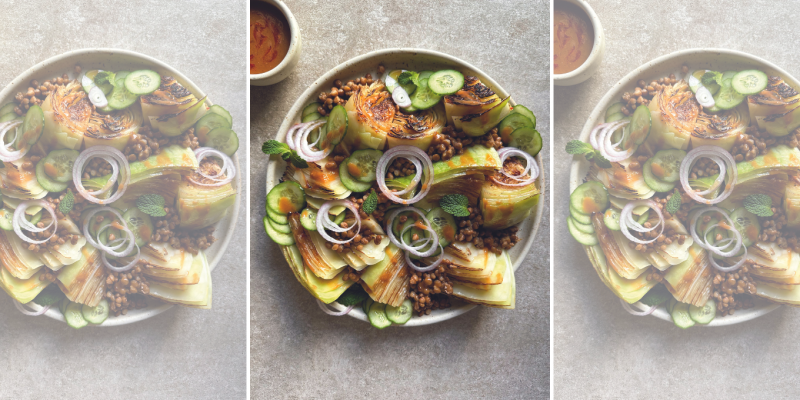Food & Drink
Illyanna Maisonet's Highly-Anticipated Cookbook Is Finally Here
After years of rejection, the food writer is finally a published cookbook author—and deservedly so.
by : Aman Dosanj- Apr 4th, 2023

Gabriela Hasbun
When you’re a third-culture kid born in diaspora (away from your parents’ birthplace), it’s almost like you live a double life. While juggling the burden of assimilation, the internal conflicts that come with generational trauma and parental pressures that never quite seem to fade, you’re operating in a holding zone that feels like it’s neither here nor there. Throw in the lack of visible role models and honest mainstream-media representation and it’s easy to grow up thinking that your experiences are singular. It is only in the wake of the Black Lives Matter movement, George Floyd’s brutal killing in 2020 and the ensuing events that things have started to shift. Now, with the surge of memoir-driven third-culture cookbooks by authors of colour, children of immigrants are discovering that maybe we weren’t as alone in this as we thought. But that’s not to say that navigating the publishing world—and trying to get her debut book, Diasporican: A Puerto Rican Cookbook, published—has been easy for California-born food writer Illyanna Maisonet. After a six-year marathon, the book was released last October. “When I would reach out to [agents and publishers], they would all pretty much say the same two things,” says Maisonet. “I didn’t have a platform—meaning I had a small social-media following—and there wasn’t a market for [my book].”
Throughout her career, Maisonet has spent countless hours documenting family recipes, tracing Puerto Rico’s complicated colonial past (which led to an industrialized food system that’s heavily reliant on U.S. imports) and preserving fading food traditions for the 5.5 million Puerto Ricans living stateside. After completing a culinary program at American River College in Sacramento, Calif., Maisonet hosted a string of sold-out Puerto Rican pop-ups and private dinners around San Francisco’s Bay Area. Switching gears, she started writing a column for the San Francisco Chronicle in 2017, which made her the first Puerto Rican columnist in the U.S. and led to her winning an International Association of Culinary Professionals award for narrative food writing shortly after. Yet none of that seemed to matter to major publishers—until food media faced a long-overdue racial reckoning. “Just knowing that a book like mine didn’t exist made me feel like I shouldn’t have to self-publish,” she recalls. “I’ve been pretty vocal about 2020 being the reason my book finally got published. I’m not sure whether or not it was a coincidence, but June 2020 is literally when I got my book offer.”
As alluded to by its title, Diasporican isn’t strictly a Puerto Rican cookbook, and it is more than lists of ingredients sprawled across its pages. Layered into the recipes are snippets of the Taíno, Spanish and African histories that have informed the island’s global cuisine. You’ll find some “greatest hits,” like Arroz Con Gandules (a comforting rice dish made with tender chunks of braised pork and pigeon peas and spiced with Maisonet’s own all-purpose sazón), and see how her family recipes, including Pasteles (traditional tamale-like dumplings that are usually wrapped in banana leaves), morphed out of necessity following their West Coast move. “Puerto Rican food represents [components of ] a lot of different cultures,” she says. “I feel a lot more people will identify with the book than the publishing industry might have thought.”

On the power of community support
“[Having a] community—especially my social-media following—is fucking huge because they’re literally the reason I’m here. They’re the ones [who] have sustained me emotionally; they’re the ones [who] have supported me financially more than any brand or company in the industry has.”
On her tried-and-true dishes
“My favourite from the book is my mom’s Mushroom Chicken. It’s her version of a special-occasion dish [and] probably one of the longer recipes she makes. But the one I cook most often—I just made it yesterday—is Carne Guisada. But I make it with chicken, so it’s Pollo Guisado, a braised-chicken dish. You’re basically [making] three recipes: You have to make the sofrito, then the braised chicken and then white rice. I mean, you don’t have to eat it with white rice, but what monster doesn’t eat it with white rice?”
On a lack of progress
“I don’t put too much emphasis on [hoping] for anything because [my hopes] are a lot to ask for considering where [the industry is] right now. Considering [I have a published] book out, I [thought] brands and other publications would be approaching me to work with them and be willing to compensate me [for that work], and they’re not. They’re still doing the same shit that they were doing in 2020, as if [nothing] has happened. It’s like a gaslighting situation. You never know what it is—whether it’s the work or you. And as I’m known for being very vocal and outspoken, I especially never know if it’s me.”
On preserving foodways in diaspora
“I’ve tried to get Puerto Ricans [on the island] to stop saying ‘That’s not how this is done’ because not everybody [on the island] does it the same way. What people need to start saying is ‘This is how my family does it.’ Especially with the diaspora—the farther away you get, people are going to start using different products, but the end result still looks the same and tastes the same. So how are you going to knock somebody for literally trying to adapt due to economic necessity or geographic necessity as they desperately try to hold on to this culture—your culture—to ensure that it stays alive?”
Newsletter
Join our mailing list for the latest and biggest in fashion trends, beauty, culture and celebrity.
Read Next

Beauty
Dyson Just Launched Its Most Intelligent Hair Dryer Yet
Get ready to upgrade your blowout game.
by : Lauren Knowles- Apr 25th, 2024

Fashion
Meredith Shaw Created a Plus-Size Summer Dress Collection That "Feels Like Candy"
The morning show host joined forces with PENN. to create a curated collection for sizes 14-32.
by : Allie Turner- Apr 25th, 2024

Beauty
Tested and Approved: Your New Hydrating Skincare BFF
This new product has all of your skin’s thirst-quenching needs covered.
by : ELLE Canada- Apr 17th, 2024




